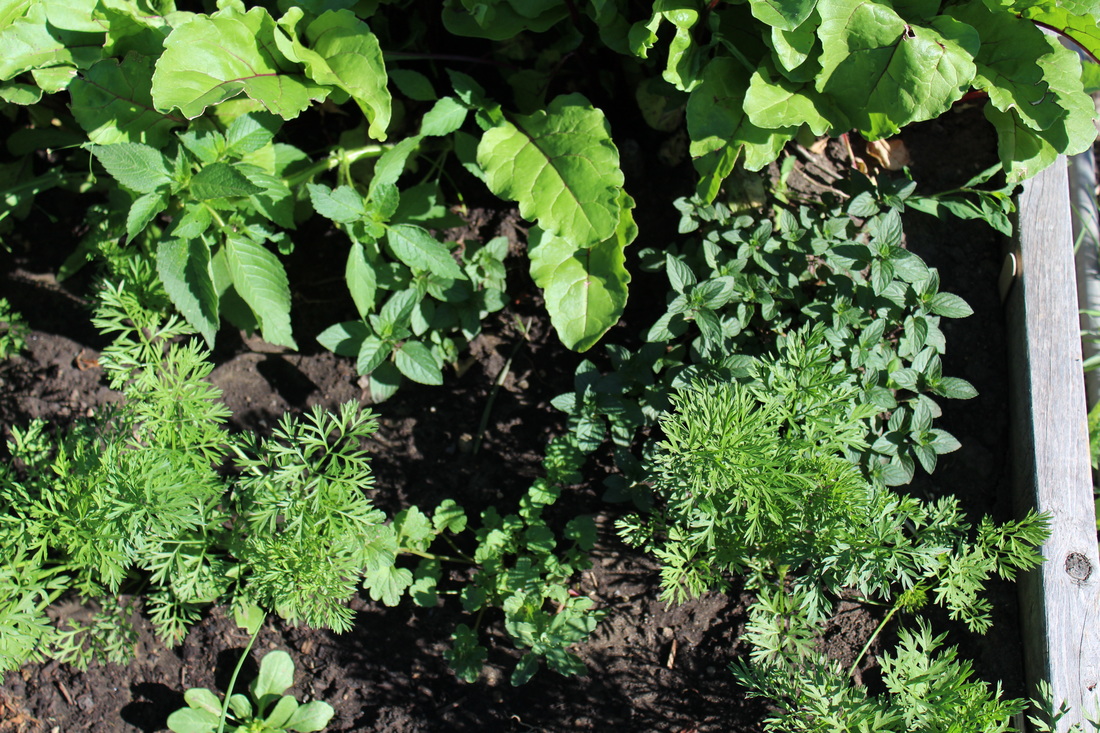
There is a lot of press about organics, and a lot of people questioning if organic food is truly more nutritious. While some meta analysis studies have indicated that there is no difference in nutrient density, these outcomes are only answers to the exact questions posed. If these questions are vague and the inclusions of analysis suited towards industry, of course you can conduct a large scale study or analysis and have it be biased; especially if most of the published studies from which information is drawn, are from the very industry that profit from the outcome.
I personally will look for well established and structured studies by truly unbiased parties, not all schools are created equally, and not all science labs are funded by non partisans. Even when it can be called good science, certain study models fail to give us a true understanding of the WHOLE picture.
For example, while a 2012 Stanford analysis with a conclusion that conventional was no better or worse than organic, averaged crops from multiple years into a single data point, without including any long term human studies for analysis. While another 2011 review at Newcastle University that looked at separate years as separate data points to account for the effects of weather came to a very different conclusion.
Depending on the outcome you are looking for, you can find your answer, it is for YOU to decide what actually make sense!
The 2013 review, a meta-analysis conducted by scientists at Newcastle University in England, found that organic produce has a 12% higher content of secondary metabolites and a 6% higher vitamin C content than corresponding conventional samples.
These figure may not be huge but may play a huge role in human health. Secondary metabolites are phytochemicals that increase a plant’s ability to survive in its environment. Since organic plants are forced to defend themselves against disease and pests without the aid of man-made chemicals, they may develop more of these natural defenses.
The Newcastle researchers proposed that the defense-related secondary metabolites in fruits and vegetables are the reason higher intake is linked to reduced risk of cancer and cardiovascular disease. They also proposed that the higher levels of beneficial phytochemicals and vitamin C make organic foods better for our long-term health outcomes than conventional products.
We have lived with the environment and evolved naturally with it for hundreds of thousands of years, relying on what nature already has figured out. Adaptation to environment; how to survive and thrive.
There have also been great works studying epigenetics (gene expression and alterations affected by the environment) like pesticides ( one of the major ones being organophoshates). This illustrates that exposures to toxins by commercially grown food is increasing our risk of unhealthy gene expression.
Simply; genes have receptors that will allow influence from the surrounding environment. This is important to remember when we are dealing with things that affect us chronically, like low level toxic exposure from conventionally grown food, household products, or stress due to lifestyle.
My perspective; it might not catch up with us now, but over a lifetime and more importantly over generations, these exposures that have the aptitude to change our gene transcription in a negative way, need to go..... going organic will breed healthier genes for a healthier people and the planet! This is truth for me and why it is crucial to go organic.
Happy and Healthy Organic week, let's try and make it a month, then a year, then a way of life!